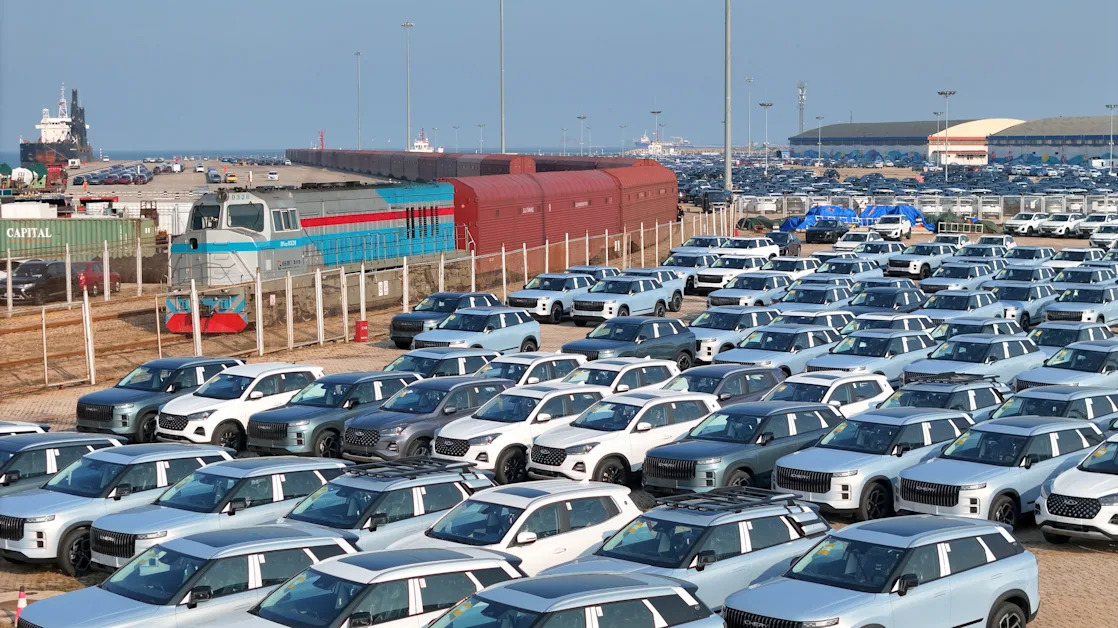
Auto stocks pull higher as Trump reverses on reciprocal duties, but auto tariffs remain
Auto stocks reversed on Wednesday and closed significantly higher after President Trump backed off and announced a 90-day pause on tariffs for most countries, though he increased levies on China and kept auto tariffs in place.
"I have authorized a 90 day PAUSE, and a substantially lowered Reciprocal Tariff during this period, of 10%, also effective immediately," Trump posted on Truth Social just before the market lifted off. Trump also said in the post that the US would be raising its tariffs on China to 125%.
Separately, a White House official confirmed to Yahoo Finance that sector tariffs like those on aluminum and steel and the 25% foreign autos tariffs remain in place.
Despite the auto sector tariffs still in effect, GM (up 7.6%), Ford (up 9.2%), and Stellantis (up 18.4%) all closed higher in sympathy with the broader market, on hopes of more moderation with regards to Trump's trade stance.
Earlier on Wednesday auto stocks fell victim to more trade war escalation as China said it will raise its tariff on US goods to 84% in retaliation to President Trump’s tit-for-tat tariff strategy on Chinese imports that kicked in on Wednesday.
Beijing’s latest move came after Trump followed through on a threat to add a 50% tariff on Chinese goods, in addition to 34% reciprocal tariffs, raising the overall tariff rate on Chinese goods to 104%.
Recently, automakers have been scrambling to respond to the daily drip of tariff escalations that began once Trump started his tariff war in earnest following his April 2 "Liberation Day" event.
Read more: What Trump's tariffs mean for the economy and your wallet
“Across OEMs, we are beginning to see a dispersion of reactions, ranging from immediate price discounts in the near-term (Ford + Stellantis), to others that will hold prices constant at least for the next 1-2 months before [reevaluating the] situation,” Deutsche Bank analyst Edison Yu wrote in a note to clients on Tuesday. “There is also some capacity re-alignment occurring including GM raising output at its Fort Wayne facility and Stellantis pausing some plant operations in Mexico/Canada. In respect to suppliers, Stellantis has been more vocal about helping to absorb costs along with Toyota, although the % of pass-through is still unknown.”
With regard to the crucial auto parts supply chain, it is currently unknown at what level these components — some of which are difficult or impossible to source domestically — will be tariffed. The Commerce Department has until May 3 to provide guidance on those duties.